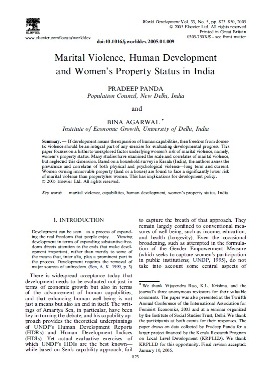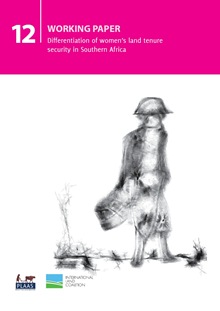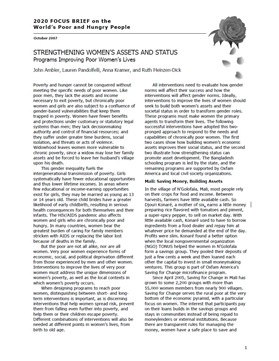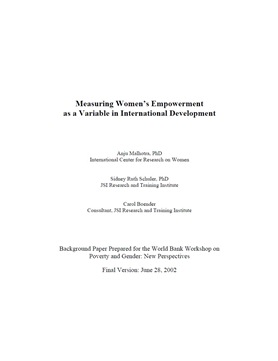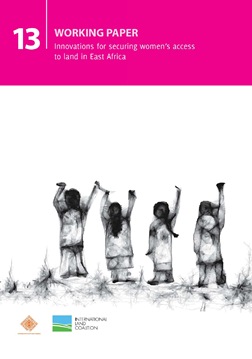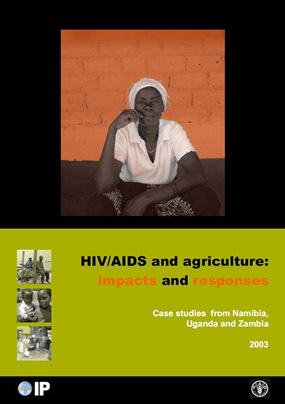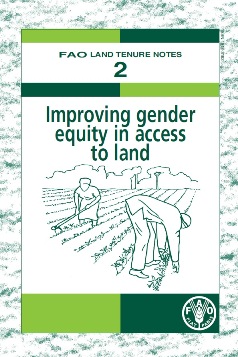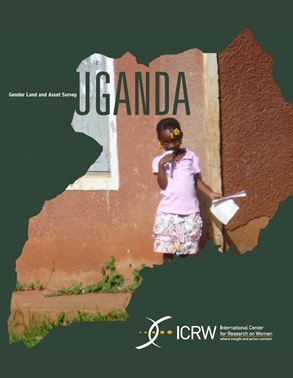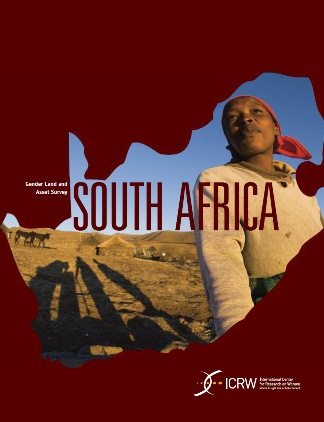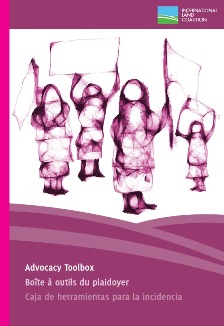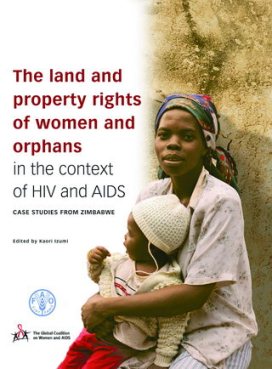Marital Status, Human Development and Women's Property Status in India
[Abstract] If development means the exapnsion of human capabilities, then freedom from domestic violence should be an integral part of any exercise for evaluating development progress. This paper focuses on a hitherto unexplored factor underlying women's risk of marital violence, namely women's property status. Many studies have examined the scale and corralates of marital violence, but neglected this dimension. Based on a household survey in Kerala (India), the authors assess the prevalence and correlates of both phisical and psychological violence - long term and current.

